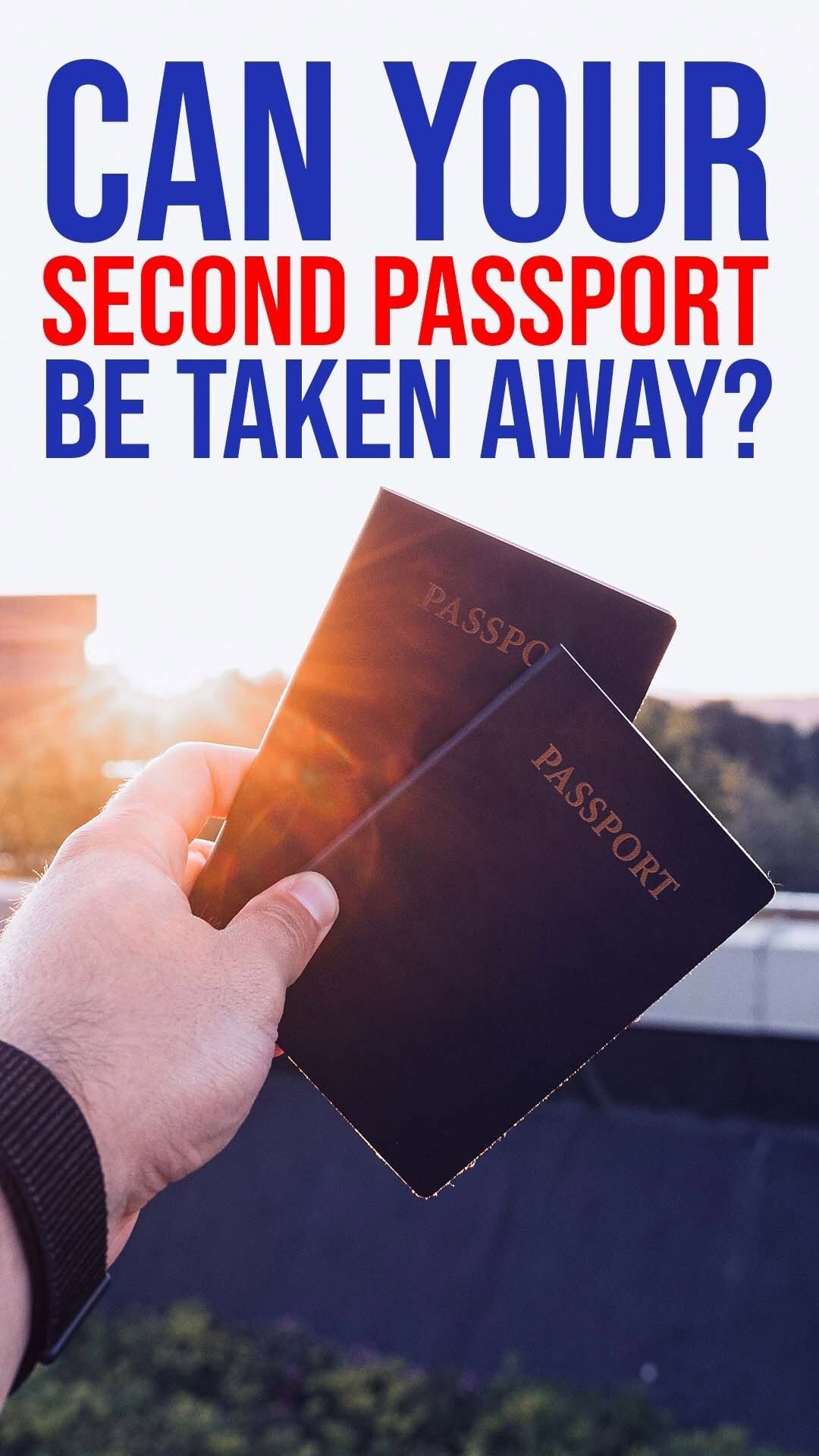

Since 2010, the Global Law Experts annual awards have been celebrating excellence, innovation and performance across the legal communities from around the world.
posted 6 hours ago
When a marriage ends, questions about children and money often cause the most strain. Parents want to know who will care for the child each day, who will make the key decisions, and how living costs will be met. In the UAE, these issues are shaped by both Sharia-based rules and, for non-Muslims, the option of civil family courts that apply different standards. The sections below explain how the UAE courts approach these questions and what expat families need to know.
Custody and guardianship: the basic distinction
The law draws a line between custody and guardianship. Custody covers a child’s daily needs, from housing and schooling to healthcare. Guardianship carries authority over money, travel, and legal consent. In practice, mothers are often custodians of younger children, while fathers keep guardianship, though courts can vary this. The guiding test is the child’s best interests, which allows judges to weigh age, health, home stability, and parental capacity. For expat families, outcomes can differ depending on whether the case goes through a Sharia-based court or the civil systems introduced in Abu Dhabi and Dubai.
Who can apply for custody and how courts decide
Both parents can apply for custody, and if neither is suitable the court may turn to grandparents or close relatives. Article 156 sets the default ages for maternal custody which is 11 for boys and 13 for girls, though judges can extend or shorten this if the child’s welfare calls for it. Certain events, such as a mother remarrying outside the family or a father failing to provide, can also trigger a review. Beyond that, judges consider religion, health, and the stability of the home. These cases are not decided on a single factor but on how the evidence points to the child’s welfare in the round.
Custody rules for non-Muslim expats
In recent years, Abu Dhabi and Dubai have introduced civil family courts that give non-Muslims another route for custody disputes. These courts apply either the parties’ home country law or local civil provisions that don’t use the fixed age thresholds in the Personal Status Law. In Abu Dhabi, Law No. 14 of 2021 set up a dedicated Non-Muslim Family Court, while Dubai has introduced parallel rules through its Personal Status Law for Non-Muslims in 2022. Under these systems, judges rely on a broad welfare test that looks at stability, education, and living arrangements rather than set ages or presumptions. This approach is often more familiar to expat families, and it can make overseas recognition of orders more straightforward, since the rulings are closer to those in many Western jurisdictions.
Alimony and child maintenance explained
Alimony, or spousal maintenance, is based on Articles 63–72 of the Personal Status Law. It may include housing, food, clothing, medical care, and where relevant, the cost of a maid or driver if that was part of the marital standard of living. Child maintenance is dealt with separately under Articles 78–79, which place the duty of financial support on the father until a son completes his education or a daughter marries, unless she can’t support herself. These payments cover school fees, healthcare, daily expenses, and housing if the child lives with the mother. Judges don’t apply fixed amounts but assess evidence of income, assets, and past living standards. Interim orders are common, so children and the former wife continue receiving support while the case is being decided.
How courts calculate support
Judges base support on the husband’s proven income, backed by salary slips, bank records, or property documents. They balance this against the wife’s needs and the children’s costs, such as tuition, rent, or healthcare. They also look at the standard of living during the marriage, aiming to prevent a sharp fall for the children. There are no fixed tables, so amounts differ from case to case. Orders can be reviewed if income changes, expenses rise, or new needs appear, such as higher school fees. Either parent can request such a review, and the court has discretion to adjust the level of alimony or maintenance accordingly.
Duration and modification of custody and support
Custody and support aren’t fixed for life. Courts can review custody as children grow older or if a parent’s circumstances change. Under Article 156, maternal custody of boys is usually limited to age 11 and girls to 13, but judges can extend or end this if they believe the child’s welfare requires it. Custody may also be transferred if the custodial parent remarries or can’t provide stable care. Alimony and child maintenance can be varied too. Either parent can apply for adjustment if income drops, expenses rise, or a child’s needs increase, for example with higher school fees or medical treatment. Judges have discretion to revise amounts or terms at any stage, which means families should keep records of costs and changes in financial position.
Cross-border enforcement issues
Enforcement outside the UAE can be uneven, since it depends on the treaties in place and the approach of the foreign court. Orders are generally recognised in Gulf states under the Riyadh Convention and the GCC agreement, which gives families some measure of predictability within the region. Once you step beyond that, the picture is less straightforward. The UAE isn’t part of the Hague Convention on child abduction, so custody rulings may not carry weight in Europe or North America unless a local judge re-issues them. Financial support tends to be simpler if the parent has income or assets in the UAE, as local courts can freeze accounts or deduct wages. When money or children are overseas, families often need parallel proceedings in that jurisdiction before enforcement is possible.
Practical next steps for families
For families in dispute, the first decision is which court to use and which law will govern the case. That choice can affect custody rules, support levels, and recognition abroad. Gathering evidence early makes a difference, as judges place weight on salary slips, bank records, and school or medical bills. Some parents turn to mediation, since a settlement can often be confirmed by the court and reduce conflict. Where children or assets are spread across borders, families also need to think ahead about whether a UAE ruling will be enforceable overseas.
Author


No results available
posted 4 hours ago
posted 5 hours ago
posted 1 day ago
posted 3 days ago
No results available
Find the right Legal Expert for your business
Global Law Experts is dedicated to providing exceptional legal services to clients around the world. With a vast network of highly skilled and experienced lawyers, we are committed to delivering innovative and tailored solutions to meet the diverse needs of our clients in various jurisdictions.

When your international business faces financial distress, quick action is key! 🔑 Negotiating with creditors, restructuring debt, and understanding insolvency laws can help regain stability. Global Law Experts is here to guide you through your options.
🌍Explore the details on our website.
🔗Link in bio
#GlobalLawExperts #CommercialLaw #BusinessLaw #LegalAdvice #BusinessGrowth #LegalTips #BusinessStrategy #LegalCompliance #Law #LegalKnowledge #LegalAwareness #Law101 #LegalEducation #IntellectualProperty

Running a business is hard enough — lawsuits shouldn’t make it harder. 🚫 Protect your business with the right legal strategies and expert tools from Global Law Experts. Let’s secure your future together! 💼
🌍Explore the details on our website.
➡️www.globallawexperts.com
#GlobalLawExperts #CommercialLaw #BusinessLaw #LegalAdvice #BusinessGrowth #LegalTips #BusinessStrategy #LegalCompliance #Law #LegalKnowledge #LegalAwareness #Law101 #LegalEducation #IntellectualProperty #Infringed #Ecommerce #LegalBranding

Using NRIC numbers as passwords or identity proof? That era is done. Strengthen your security with multi-factor authentication and biometrics—because your clients' trust depends on it.
#SingaporeLaw #DataPrivacy #CyberSecurity #PDPA #NRIC #MFA #StrongAuthentication #LegalCompliance #ClientTrust

Swiss law protects secured lenders—with precision. From real estate to IP and bank accounts, every asset counts—just as long as it’s defined, documented, and delivered.
#SwissLaw #SecurityInterest #Collateral #InternationalLending #SwissFinance #LegalCompliance #GlobalBusiness #AssetSecurity

Gold trading in Saudi Arabia isn’t just a business—it’s a lab test, a permit, and a legal tightrope. Want to succeed? Start with compliance, hallmarking, and permits—or risk losing it all.
#GoldTrading #SaudiLaw #PreciousMetals #BusinessSetup #LegalCompliance #GlobalBusiness #SaudiArabia #TradeRigour

Second citizenship isn’t permanent—especially if you break the rules. Know the risks and how to safeguard your status: be transparent, stay lawful, and honour all citizenship requirements.
#SecondCitizenship #CitizenshipRisks #DualNationality #Compliance #GlobalMobility #LegalAdvice #ImmigrationLaw

Send welcome message